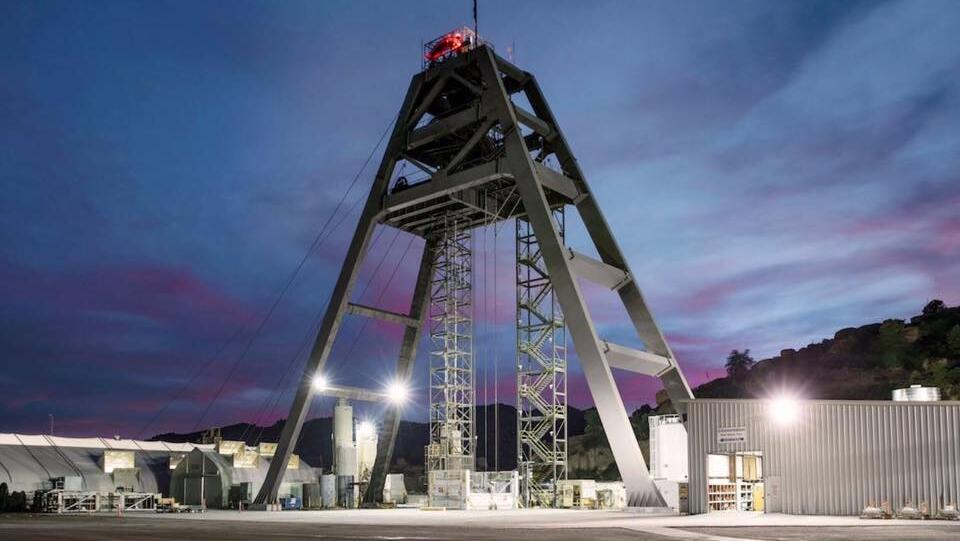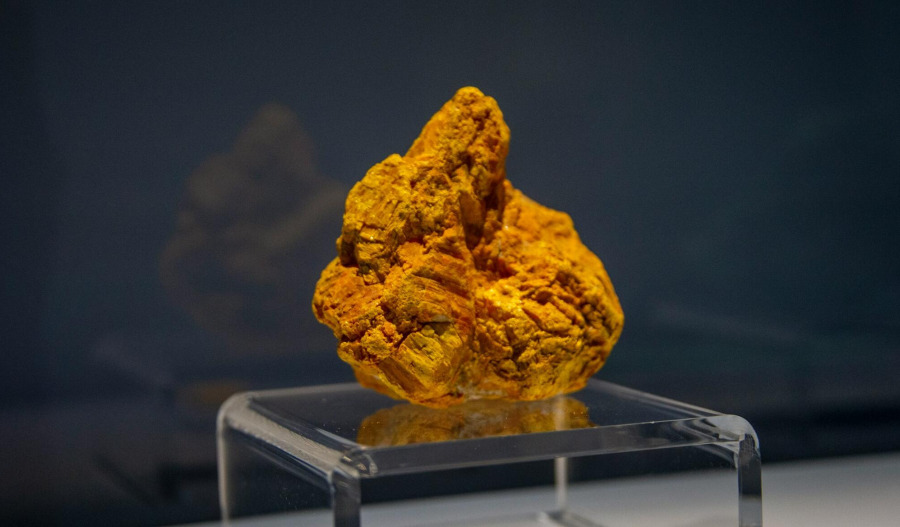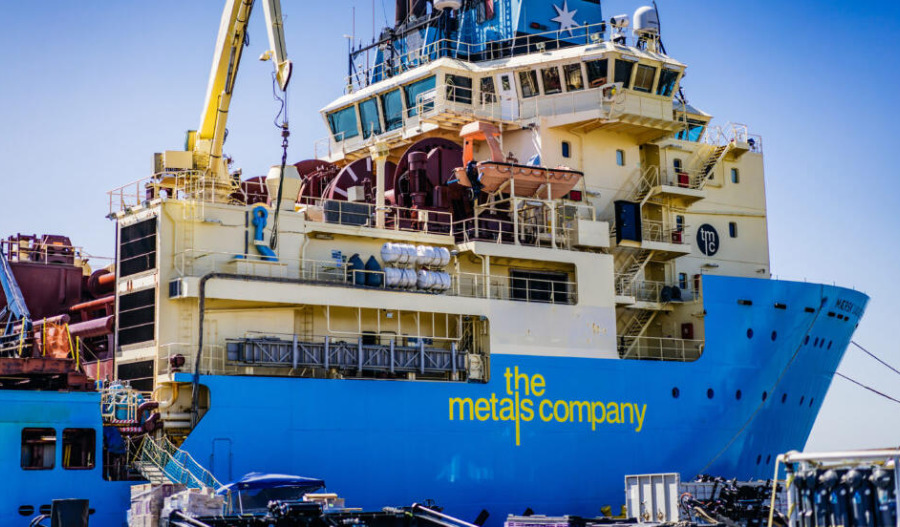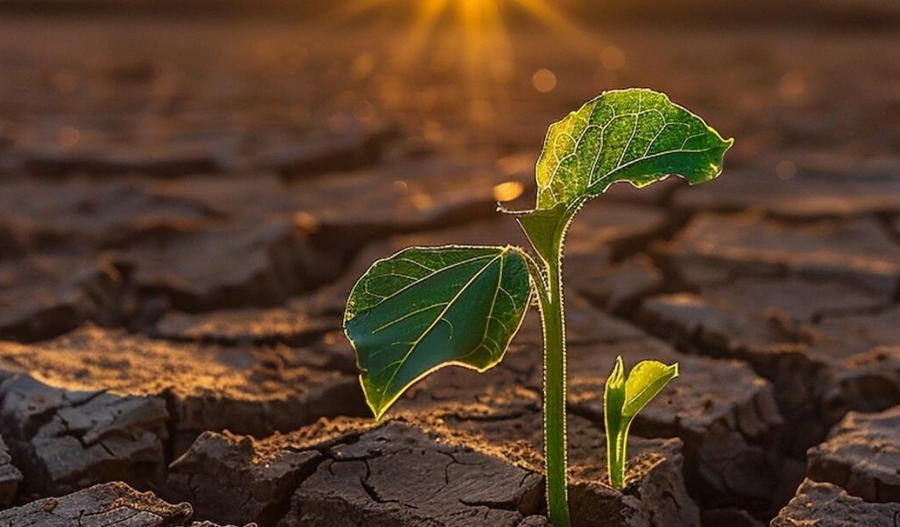America's red metal dreams collided with constitutional reality this week, as federal judges blocked the land transfer needed for BHP and Rio Tinto's Resolution project - a development-ready mine that could supply 25% of U.S. copper demand for the next four decades.
Azzet’s Mission Critical is a weekly column that lays out the ebbs and flows around critical minerals supply chains; the geopolitical machinations that affect the industry - from markets, pricing, production, refinement and mergers & acquisitions, to manufacturing and consumer products.
The 9th U.S. Circuit Court of Appeals delivered a crushing blow to Donald Trump's domestic copper ambitions on Monday, temporarily blocking the land transfer needed for what could become America's largest copper mine.
Dispute centres around Oak Flat Campground - federally owned land sacred to the San Carlos Apache Tribe - that coincidentally sits atop more than 18.1Mt of copper reserves.
The Resolution project has been mired in litigation for two decades - and Trump's frustration was immediate and public.
"A Copper Mine in Arizona, 'Resolution,' was just delayed by a Radical Left Court for two months — 3,800 Jobs are affected, and our Country, quite simply, needs Copper — AND NOW!" he posted on Truth Social Tuesday.
“Those that fought it are Anti-American, and representing other Copper competitive Countries.”
The JV (55% Rio Tinto, 45% BHP), roughly 60 miles east of Phoenix, would add US$1 billion annually to the State's economy and operate for at least 40 years, producing ~40 billion pounds of copper.
BHP and Rio Tinto are the world's two largest mining companies, with a combined market cap >US$300 billion and have already spent US$17 billion on the project.
The setback drew company execs into the White House. Rio Tinto's Jakob Stausholm and incoming CEO Simon Trott, with BHP's Mike Henry, held an emergency meeting with Trump to discuss the Arizona project.
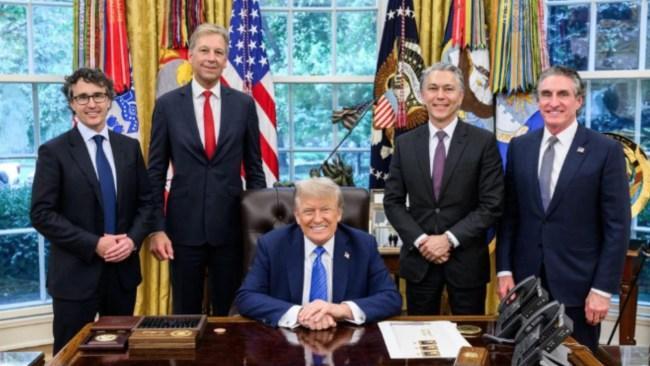
Sacred ground, secular profits
Development would create a crater 2 miles (3 kilometres) wide and 1,000 feet (304 metres) deep, slowly consuming the Apache worship site over decades of subsidence.
"This proposed mine is a rip-off, will destroy a sacred area, decimates our environment, threatens our water rights, and is bad for America," Terry Rambler, chairman of the San Carlos Apache Tribe said.
"The U.S. president's comments mirror misinformation that has been repeated by foreign mining interests that want to extract American copper," Rambler said.
Apache Stronghold successfully argued that the balance of equities "tips sharply" in their favour, establishing "likelihood of irreparable harm should the transfer proceed."
The copper conundrum
The further delay to the project is counter to the Trump administration's push for domestic copper production.
The U.S. produces only 5% of global copper, according to Dutch bank ING, with output declining 20% over the past decade and imports nearly half its copper, primarily from Chile, Canada, Peru and Mexico.
Global demand is expected to dramatically outstrip supply, with the International Energy Agency projecting deficits exceeding 15 million tonnes annually by 2030.
Trump's copper strategy relies heavily on trade barriers rather than domestic production by imposing 50% tariffs on processed copper products - pipes, rods, wires and sheets - effective August 1st.
The tariffs expanded Monday to cover 407 additional product categories containing steel or aluminium, affecting everything from car parts to specialty chemicals.
Commerce Department data suggests these duties now impact at least US$320 billion of imports.
